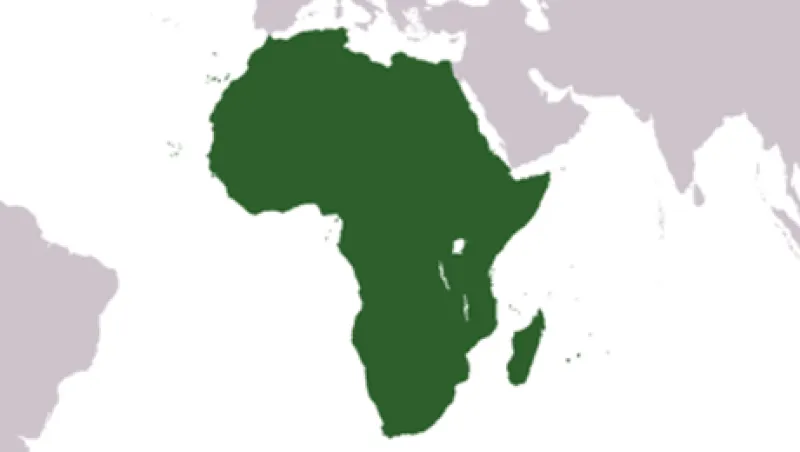In the coming decade, I think Africa will become the largest sponsor of sovereign funds in the world and, not soon after, join the ranks as a global investing powerhouse. How’s that possible? Check out this list of countries that have or are actively considering a new SWF: Algeria, Angola, Botswana, Equatorial Guinea, Gabon, Ghana, Mauritania, Mauritius, Morocco, Mozambique, Nigeria, Rwanda, São Tomé & Príncipe, Sierra Leone, South Africa, Sudan, Tanzania, Uganda and Zimbabwe. That’s nineteen!
Why are these countries all looking to SWFs? Because they see in SWFs a useful tool (among many) for overcoming the ‘resource curse’ that has so plagued them over the years. Confused? To clarify, I’d like to quote from a paper I wrote with Adam Dixon:
“You’d be forgiven for experiencing cognitive dissonance at being told that Africa, the poorest continent, may soon be home to the most sovereign wealth funds in the world. But for the resource rich countries of Africa, these institutions represent a new hope for resolving the ‘paradox of plenty’. By sequestering some of their resource revenues in a SWF, these countries seek to smooth resource price volatility, make long-term fiscal policy, manage currency appreciation, facilitate intergenerational savings, and, if structured appropriately, minimize corruption and tame the political temptation to misuse the newfound wealth. While, these special-purpose vehicles are not a replacement for spending through the budget allocation process, they represent an innovative attempt to leverage a country’s natural resources. Indeed, the intention is to use resources to facilitate, instead of constrain, growth and development.”
In short, SWFs exist, at the most basic level, to help improve living standards within resource rich sponsoring country. And how does a SWF do this? By helping to convert sub-soil assets into financial assets, which means that a sovereign fund is really just a mechanism for sponsoring governments to translate local, physical wealth into global, financial wealth. And that means the sponsoring authority has to really understand finance and investing, lest London and New York take them to the cleaners.
The real question raised by the developments cited above, then, is how these countries are getting on with the challenge of setting up new SWFs. No doubt you’ve seen all the ups and downs in Nigeria, but have you been paying attention to the positive developments coming out of Ghana? As it happens, Ghana’s new Petroleum Fund just released its semi-annual report, which offers a glimpse into how this country is doing. Here’s a blurb:
“Amidst the volatility in the markets, the Ghana Petroleum Funds continued to deliver positive returns on investment (ROI). Over the half year, ROI was 0.18 per cent for GSF and 0.29 per cent for GHF. Net total ROI of the GPFs was US$141,009.81, with GSF contributing US$98,835.50 and GHF, US$42,174.31.”
I have to say; I’m impressed. Not by the financial returns – the conservative strategy of the funds and how they perform really don’t offer much in the way of insights – No, I’m mostly pleased to see the good governance that has led to a transparent and accountable organization. It seems to me that’s a great example for all the other African countries that are undoubtedly looking to Ghana’s experience and drawing lessons for their own policies.
Anyway, I’d like to leave you with another quote from my paper with Adam that offers some insight into the huge challenges facing these African countries intent on sponsoring SWFs:
“Notwithstanding the potential benefits, however, SWFs are really just a point of access for governments to tap into the power of financial markets. The rationale underpinning their existence is that SWFs’ financial assets and accumulated returns will afford the sponsoring government considerable utility in managing certain fiscal and monetary problems downstream. While that may be true, it demands that these countries build first-rate institutional investors capable of managing money on a global scale. As such, whatever the form of SWF chosen – stabilization, development, or saving – the objectives must be clear and the sovereign sponsor must demonstrate a credible commitment to the stated investment mandate. Without symmetry of intent, strong design, good advice, and robust governance, the fund will struggle to meet objectives.”






